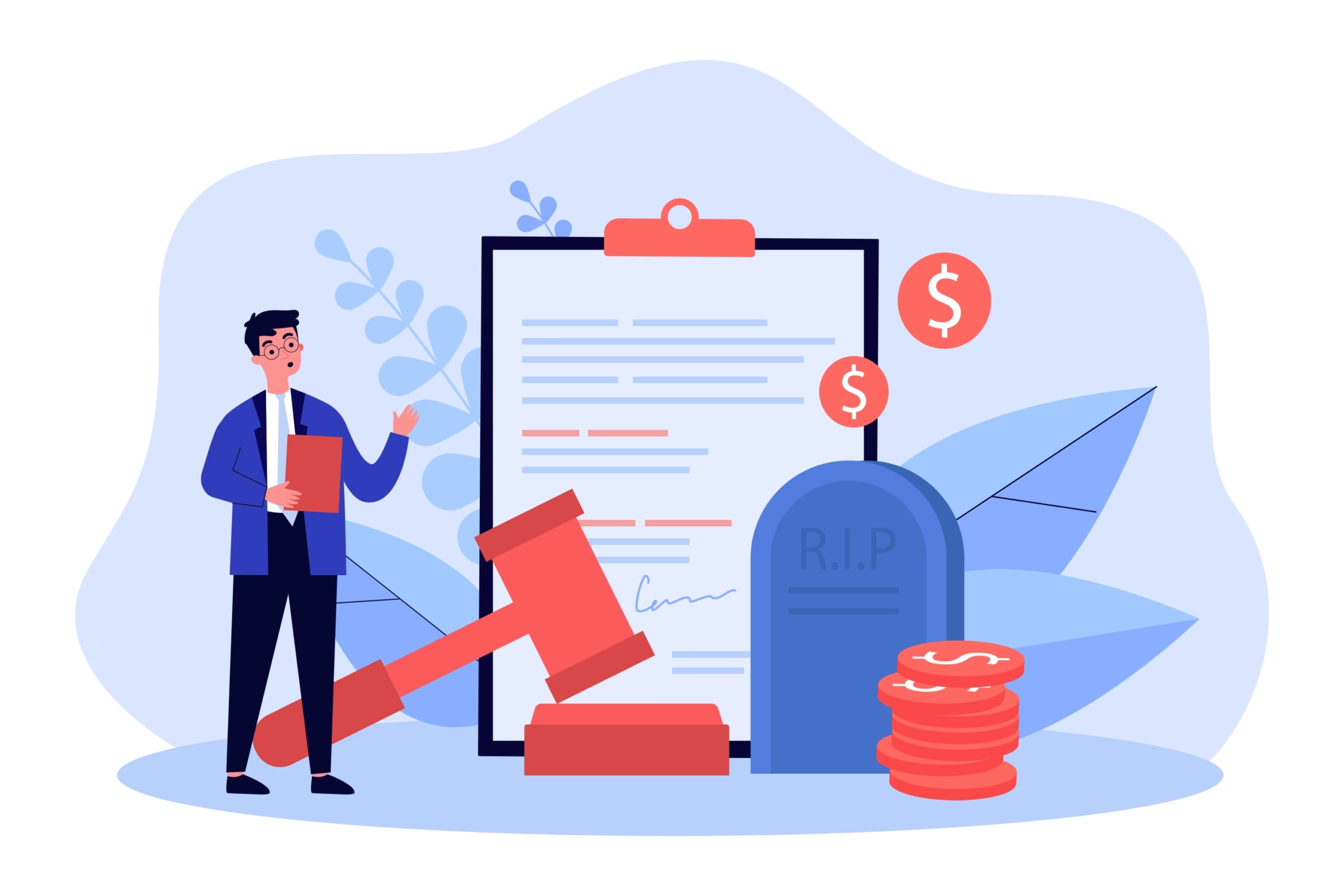
In today’s digital age, where our personal information is constantly being collected and processed, data privacy has become a paramount concern. The UK, with its robust legal framework, offers individuals the right to protect their personal data and seek redress if their privacy is violated. In this blog post, we will explore the landscape of data privacy claims in the UK, offering insights into how to claim compensation and the potential outcomes.
Understanding Data Privacy and its Legal Framework in the UK
Data privacy refers to the right of individuals to control their personal information and how it is used. The UK has a comprehensive legal framework in place to safeguard data privacy, primarily through the following:
- UK General Data Protection Regulation (UK GDPR) – This regulation sets out the core principles for data processing, including fairness, transparency, and purpose limitation. It grants individuals various rights, such as the right to access their data, rectify inaccuracies, and object to processing.
- Data Protection Act 2018 – This Act supplements the UK GDPR and provides additional provisions, such as those related to law enforcement and national security.
- Privacy and Electronic Communications Regulations (PECR) – These regulations govern electronic communications, including marketing calls, texts, and emails.
Grounds for Data Privacy Claims
Individuals can bring data privacy claims in the UK if they believe their personal data has been mishandled, leading to a privacy breach. Some common grounds for claims include:
- Unauthorised access to personal data – This can occur due to hacking, data breaches, or unauthorised disclosure of information.
- Unlawful processing of personal data – This includes processing data without a lawful basis, such as consent or legitimate interest.
- Failure to comply with data subject rights – This can involve denying individuals access to their data, failing to rectify inaccurate information, or not erasing data when requested.
- Sending marketing communications without consent – This includes unsolicited calls, texts, and emails, violating PECR.
How to Make a Data Privacy Claim
If you believe your data privacy has been breached, you can take the following steps to make a claim:
- Gather evidence – Collect any evidence that supports your claim, such as emails, letters, or screenshots.
- Contact the organisation – Approach the organisation responsible for the breach and explain your concerns. They may have an internal complaints procedure you can follow.
- Complain to the Information Commissioner’s Office (ICO) – If the organisation fails to address your concerns satisfactorily, you can lodge a complaint with the ICO, the UK’s data protection regulator. The ICO can investigate your complaint and take enforcement action if necessary.
- Seek legal advice – If your complaint to the ICO is unsuccessful or you are seeking compensation, you may wish to consult a solicitor specialising in data privacy law. They can assess your case, advise you on your legal options, and represent you in court if necessary.
Compensation for Data Privacy Breaches
Individuals who have suffered harm due to a data privacy breach may be entitled to compensation. The type and amount of compensation will depend on the specific circumstances of the case. Compensation can be awarded for:
- Material damage – This includes financial losses incurred due to the breach, such as the cost of replacing stolen identity documents or lost earnings.
- Non-material damage – This covers emotional distress, such as anxiety, depression, or loss of reputation, caused by the breach.
The amount of compensation awarded for non-material damage can vary significantly depending on the severity of the harm suffered. In some cases, the courts have awarded substantial damages, particularly where the breach has resulted in significant distress or loss of reputation.
Recent Case Law on Data Privacy Claims
Recent case law in the UK has demonstrated the courts’ willingness to award compensation for data privacy breaches. Some notable examples include:
- Vidal-Hall v Google Inc [2015] – This case established that individuals can claim compensation for non-material damage, such as distress, even in the absence of financial loss.
- Lloyd v Google LLC [2021] – The Supreme Court ruled that individuals can bring representative actions on behalf of a class of people affected by a data privacy breach, making it easier to seek redress for large-scale breaches.
- Warren v DSG Retail Ltd [2021] – The Court of Appeal upheld an award of £2,000 in compensation for distress caused by a data breach where the claimant’s personal data was stolen and used to make fraudulent purchases.
These cases highlight the increasing importance of data privacy in the UK and the courts’ recognition of the need to compensate individuals for the harm caused by breaches.
Data privacy is a fundamental right in the UK, and individuals have the legal means to protect their personal information and seek redress if their privacy is violated. By understanding the legal framework, grounds for claims, and the process for making a claim, individuals can take steps to safeguard their data privacy and hold organisations accountable for any breaches. If you believe your data privacy has been compromised, seeking legal advice from a qualified solicitor can help you navigate the claims process and maximise your chances of obtaining compensation.

Table of content
Recent Posts
Can You Put Digital Assets In A Trust? – How To Protect Your Digital Estate
In an era where our lives are increasingly played out [...]
Securing Legal Immigration Status After 20 Years in the UK
Gaining lawful immigration status after spending two decades in [...]
UK’s FCA Update: Stablecoins & Crypto Custody
The world of money is changing fast, and nowhere [...]







